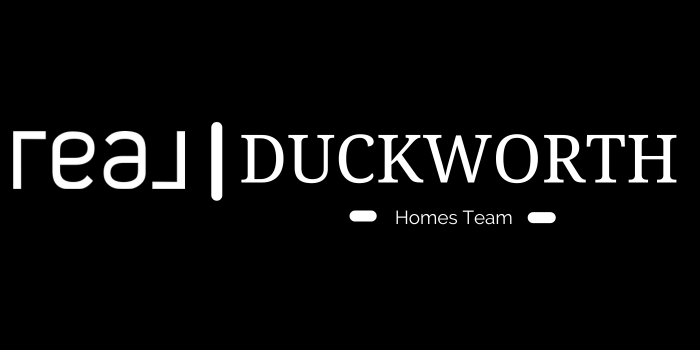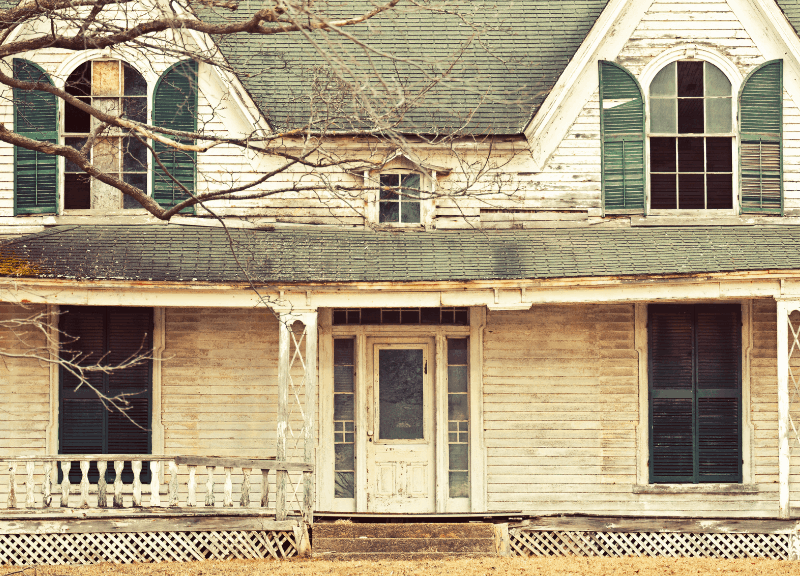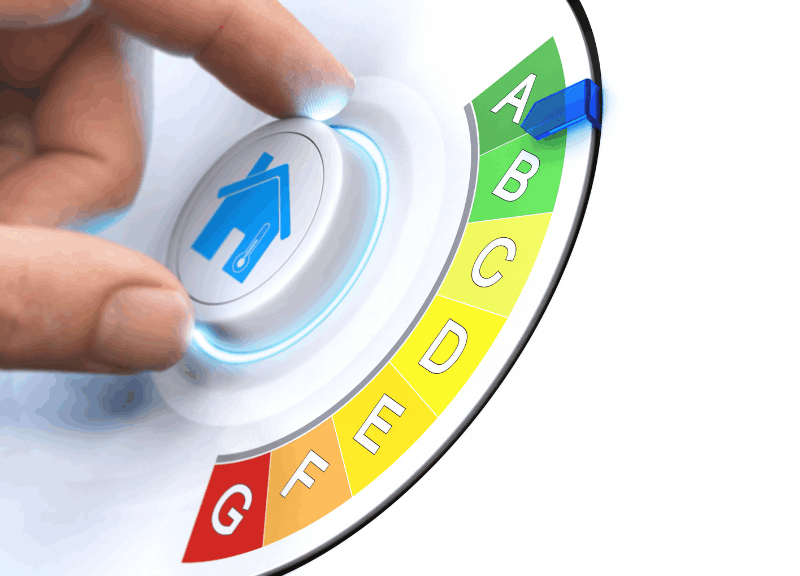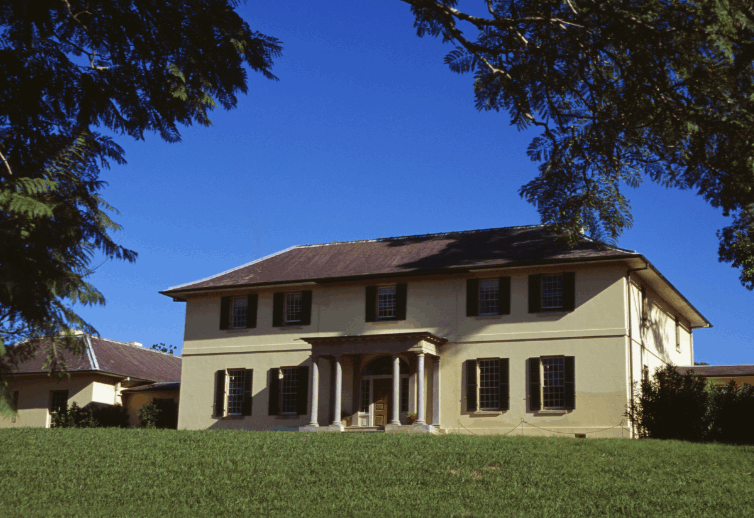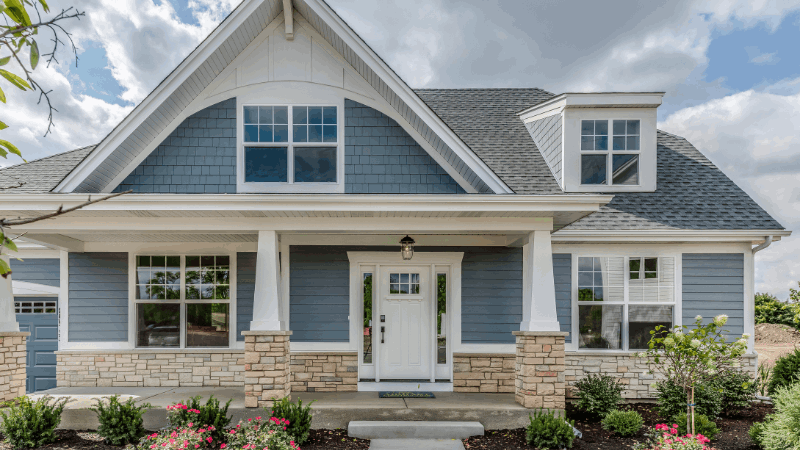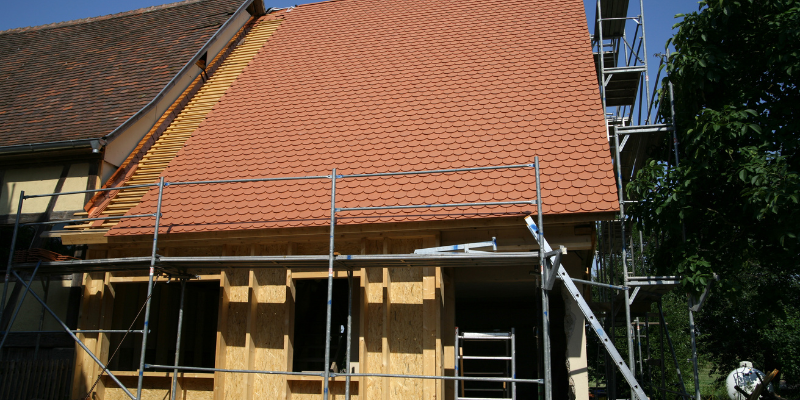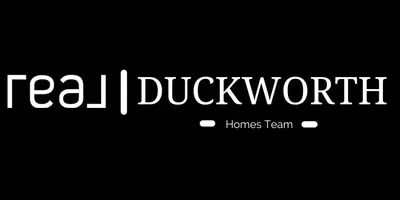7 Key Aspects to Grasp About a Home Inspection
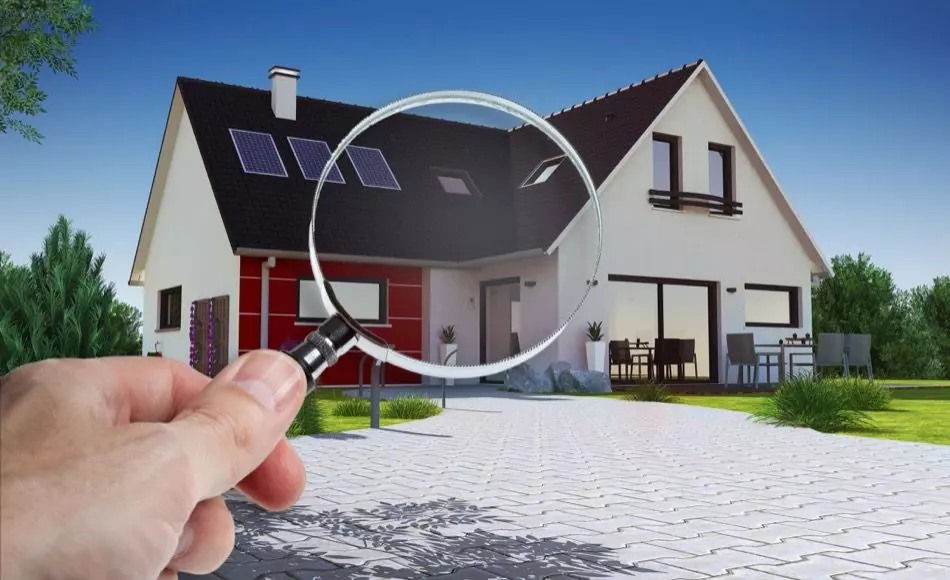
-
What Constitutes a Home Inspection?
-
How Much Does a Home Inspection Typically Cost?
-
What's the Expected Duration of a Home Inspection?
-
What Aspects Are Assessed in a Home Inspection?
-
A Home Inspection Checklist
-
Significant Concerns Home Inspectors Focus On
-
Navigating Negotiations After the Home Inspection
A home inspection is a critical part of the home buying process, where an inspector thoroughly examines the property and compiles their findings in a comprehensive inspection report.
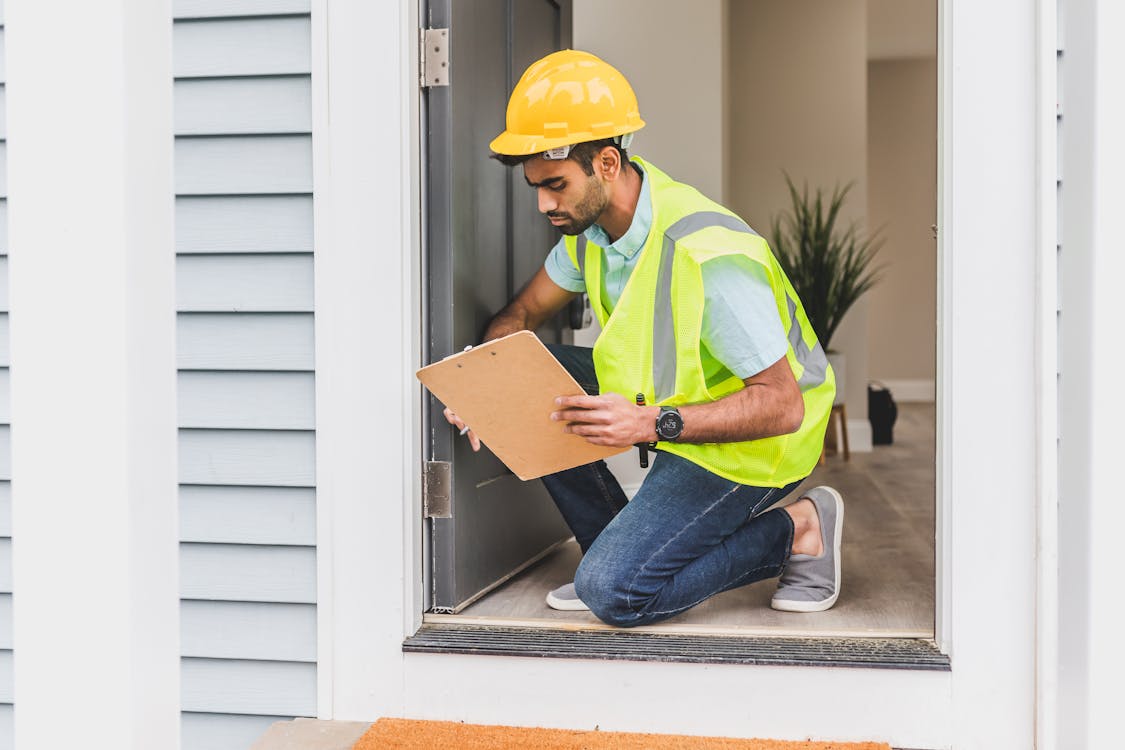
The cost of a home inspection depends on various factors such as the property's location, age, and size. In general, home inspections in Rhode Island and Massachusetts can range from $300 to $450.
Factors that can influence the inspection cost include the inspector's travel distance and the uniqueness of the property. Experienced home inspectors often charge higher fees than their less experienced counterparts.
Regarding payment, buyers are responsible for covering the cost of the buyer's inspection as part of the closing process. This is designed to protect the buyer, making them financially responsible.
For a pre-listing inspection, the seller bears the cost before listing the property on the market.
3. What's the Expected Duration of a Home Inspection?
A typical home inspection generally takes around two to two and a half hours to complete, though it can vary depending on the property's size.
The duration of a home inspection hinges on several factors including the property's size, the number of identified defects, the level of preparation by the property owner, and the inspector's thoroughness.
It is reasonable to expect an inspection to span two to four hours, unless specific exceptional circumstances are involved.
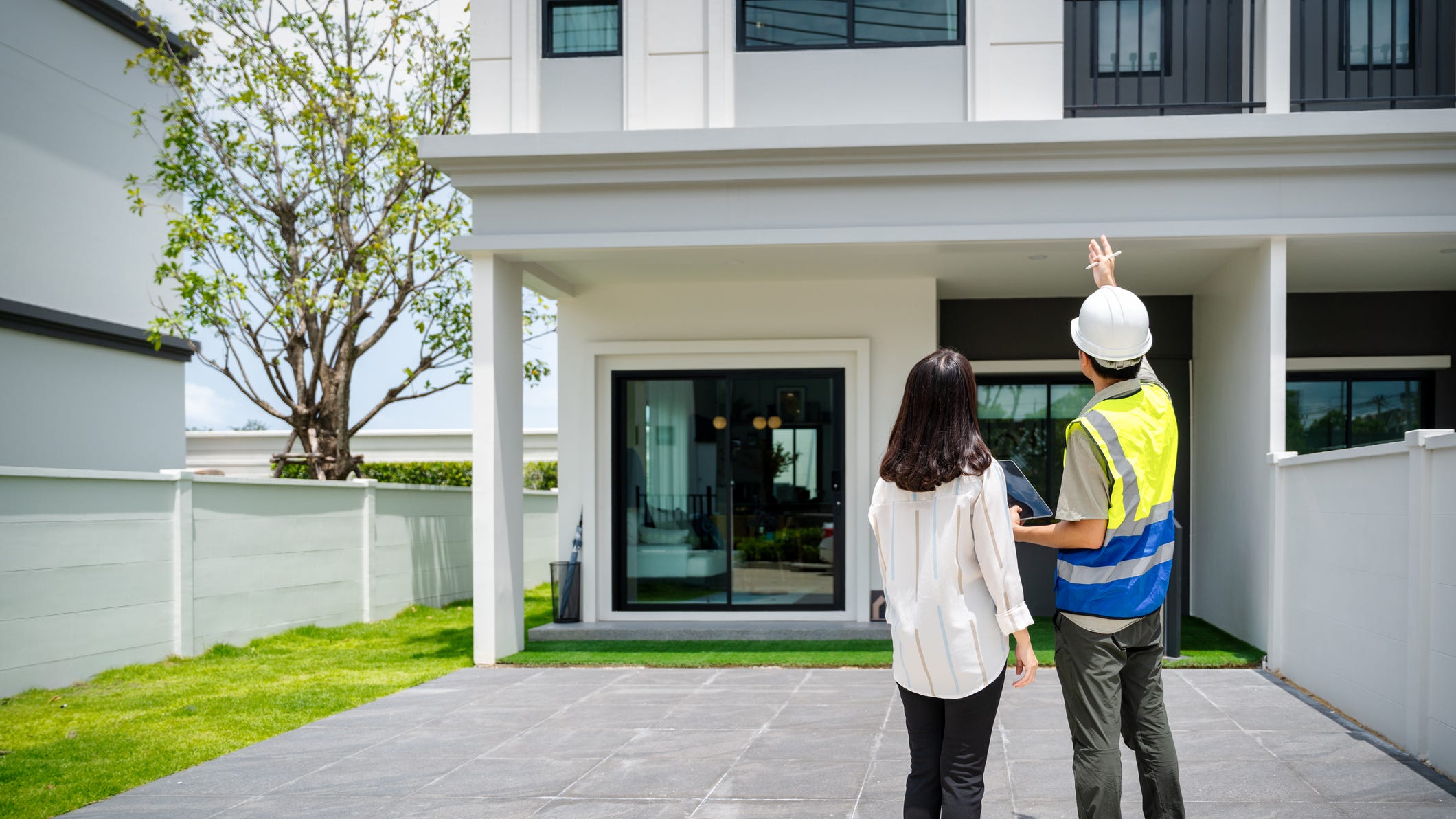
4. What Aspects Are Assessed in a Home Inspection?
Home inspectors thoroughly evaluate various aspects of a property during an inspection. Let's delve into what they scrutinize:
-
Roof: Home inspectors inspect the roof to ensure it effectively protects the property from weather-related damage. They look for visible signs of roof issues, which might prompt further examination by a roofing specialist.
-
HVAC System: The heating, ventilation, and air conditioning system undergoes a comprehensive visual inspection, encompassing the thermostat, ducts, air conditioner, furnace, and heat pump. Inspectors also check for potential carbon monoxide gas leaks and perform manual tests.
-
Electrical: The electrical components are assessed, starting with outdoor wiring leading to the electrical panel. Inspectors ensure no interference from bushes, trees, or shrubs. For older properties, visible wires are inspected for proper insulation and safety. The electrical panel is scrutinized to confirm circuit breakers (not fuses) are in use. The main breaker's capacity is checked for compatibility with the property's electrical needs, and inspectors verify the absence of loose wiring, the use of copper (not aluminum), and the absence of rust inside the electrical panel. Wall outlets and light switches are tested for functionality.
-
Plumbing: Inspectors examine all areas where water flows, including bathtubs, toilets, sinks, showers, pipes, and water lines. They assess filler mechanisms, toilet levels, flappers, and inspect for leaks in exterior pipes and hydrants. Water heaters are examined for pipe condition, temperature, and pressure relief valves.
-
Attic: If the property has an attic, inspectors evaluate the condition of insulation, vital for energy efficiency. They also assess attic ventilation, critical to prevent moisture and mold growth. Signs of damaged insulation, water stains, or other indicators of leaks are inspected to identify potential water damage. For properties with an attic furnace, inspectors check for rust as a sign of water damage. Fire damage indications are also documented.
-
Floors, Ceilings, and Walls: Inspectors scrutinize these surfaces for water damage, mold, discoloration, structural issues, cracks, sagging, or any damage that poses safety or structural concerns. Cosmetic items are not included in their assessment.
-
Windows and Doors: All windows and doors are checked for proper operation. Inspectors ensure each room has at least one operable window that can serve as an emergency exit. They look for indications of doorframe imbalance or sagging, which could hint at foundation problems.
-
Foundation: Inspections commence outside, checking for signs of foundation problems such as a sunken porch, cracked steps, or a chimney leaning away from the property. Inside the property, signs of foundation issues might include significant ceiling or drywall cracks, difficulty in closing doors or windows, uneven flooring, and cracked tiles. Inspectors also assess the overall framing and structural integrity of the property.
-
Basement: If the property has a basement, inspectors inspect it for signs of water damage, including damaged walls, uneven flooring, mold or mildew growth, musty odors, or moisture. They also examine areas around basement doors and windows to prevent water infiltration.
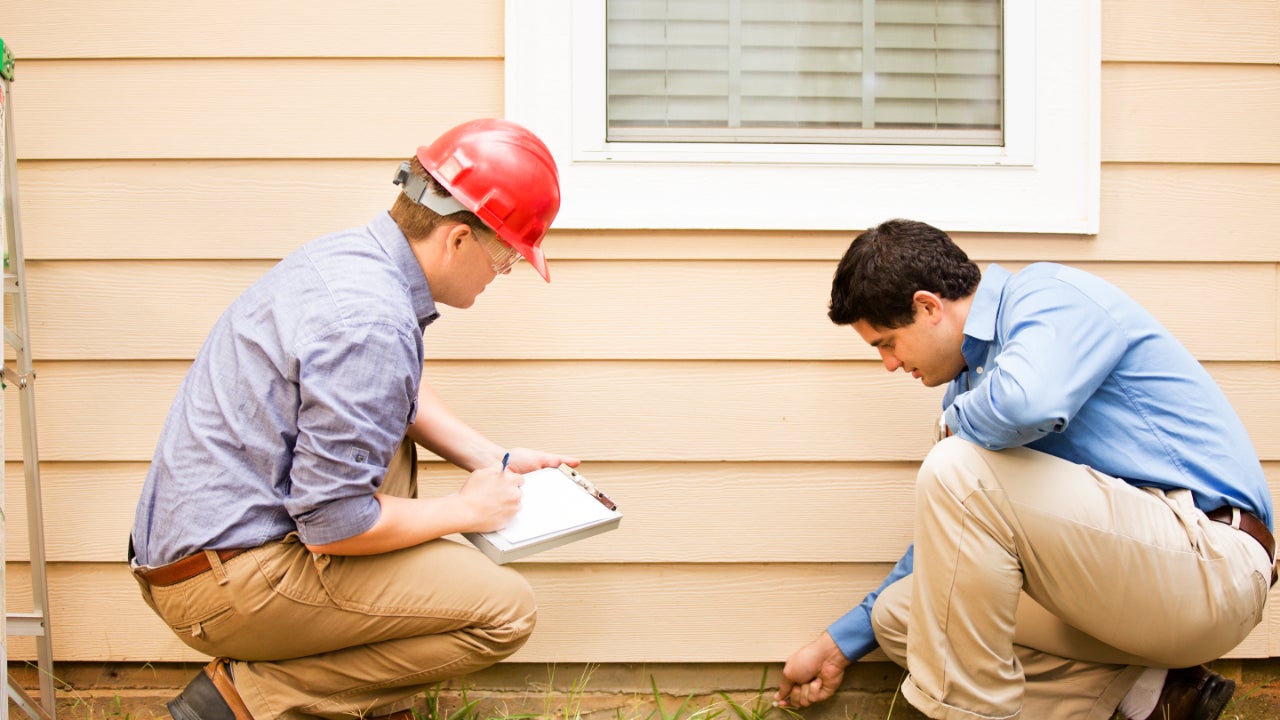
5. A Home Inspection Checklist
Home inspectors use checklists to systematically observe and report on every aspect of a property. These checklists, informed by their experience, guide inspectors as they navigate the property, documenting its condition.
Common inspection issues frequently appear on these checklists, often reflecting the type of plumbing or local building codes based on the property's construction year.
6. Significant Concerns Home Inspectors Focus On
Home inspectors conduct thorough assessments because their duty is to observe, evaluate, and report on every aspect of a property.
Certain issues uncovered during a home inspection can significantly affect the property sale:
-
Water Damage: Water can wreak havoc in a property, causing plumbing issues, roof leaks, or structural damage. Unattended water damage can lead to mold growth.
-
Structural Integrity: Signs of compromised structures or settling, such as uneven or bouncy floors, gaps between floors and walls, cracks in basement walls, leaning chimneys, and more, are crucial indicators.
-
Roof Damage: Issues with the roof can compromise the property's integrity. Inspectors pay close attention to signs of roof damage.
-
Electrical System Problems: Electrical issues pose safety risks. Home inspectors assess wiring, panels, switches, outlets, and the overall electrical system.
-
Plumbing-Related Problems: Plumbing issues, including leaks, can result in costly repairs and inconvenience.
-
Pest and Insect Infestations: Pest problems can damage the property and require expensive treatments.
-
HVAC System Concerns: Issues with heating and cooling systems can affect comfort and energy efficiency.
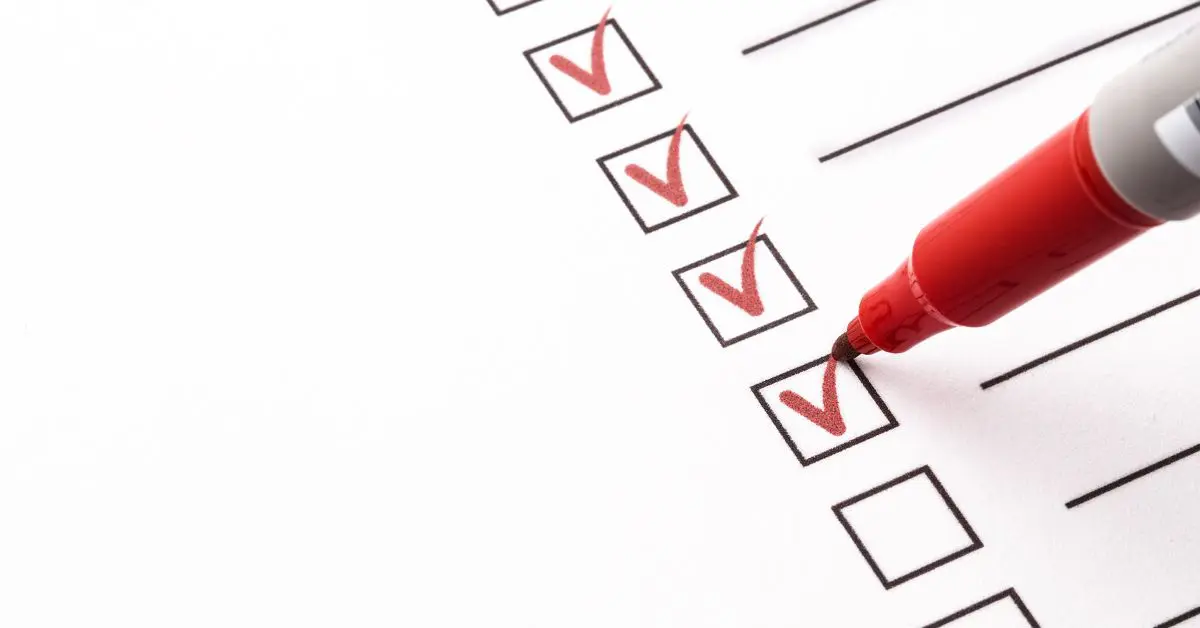
Although not mandatory, home inspections are highly recommended to provide a clear understanding of a property's condition before purchase. Whether you're ready to explore homes for sale or seek further information on home inspections, don't hesitate to reach out to our knowledgeable agents for guidance.
Categories
Recent Posts
